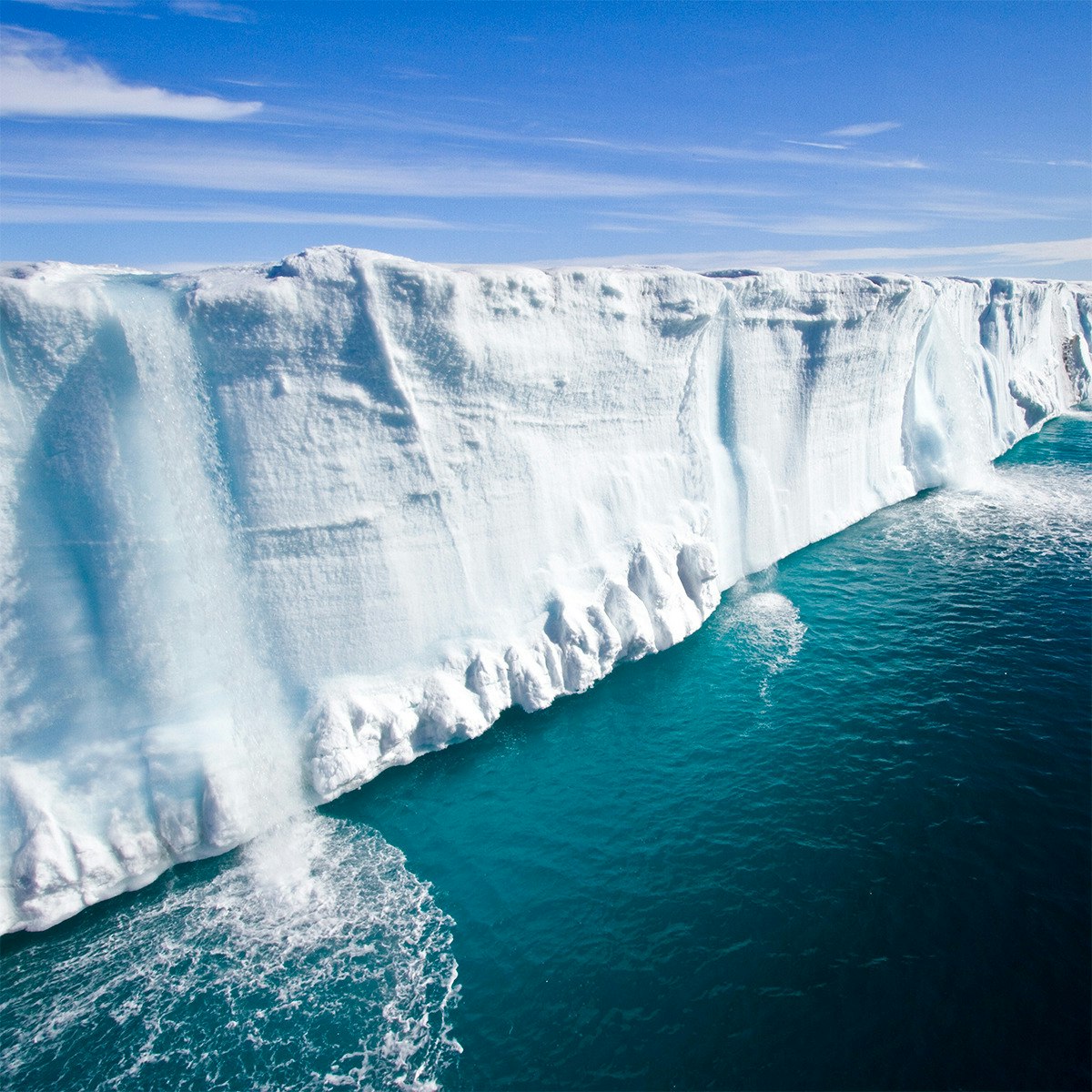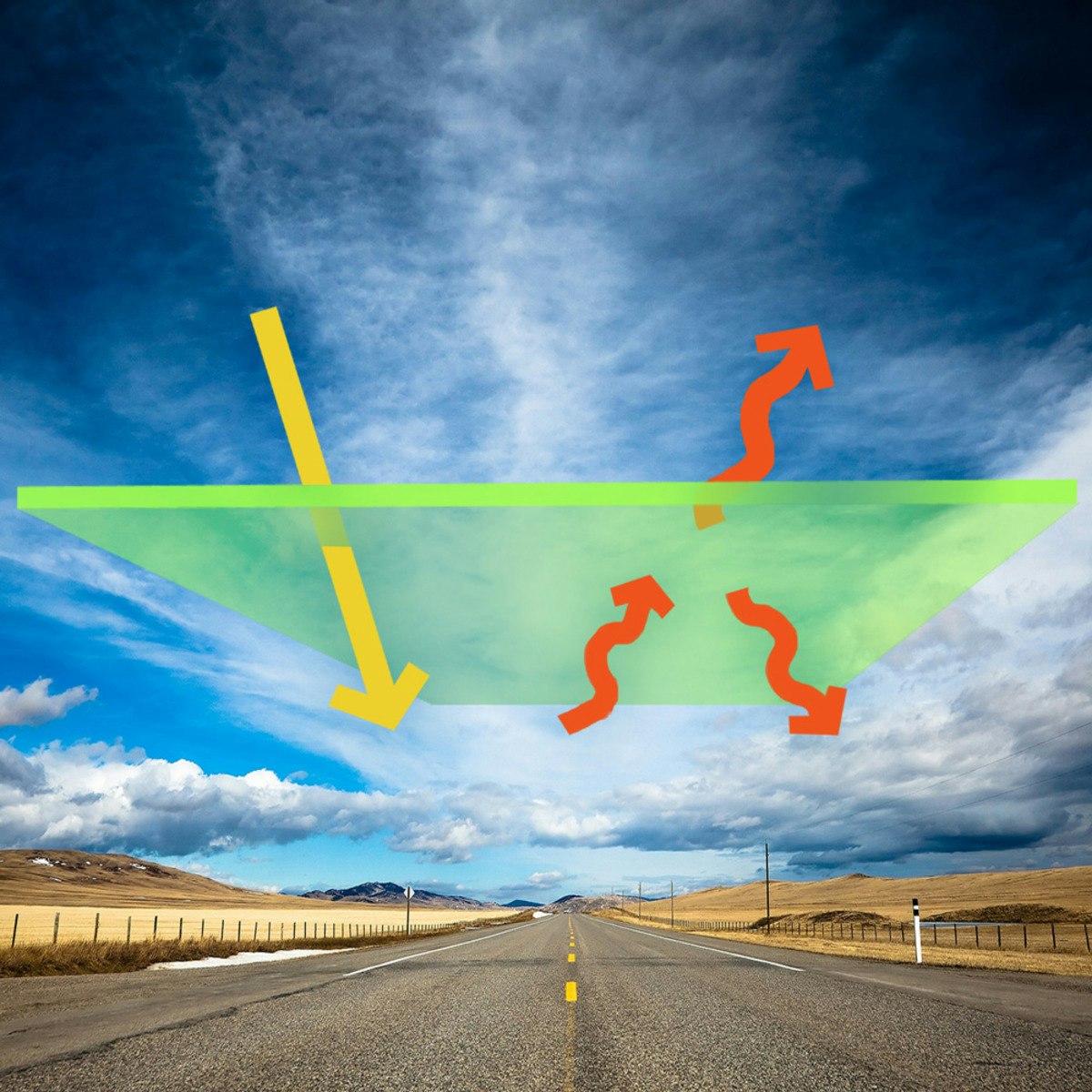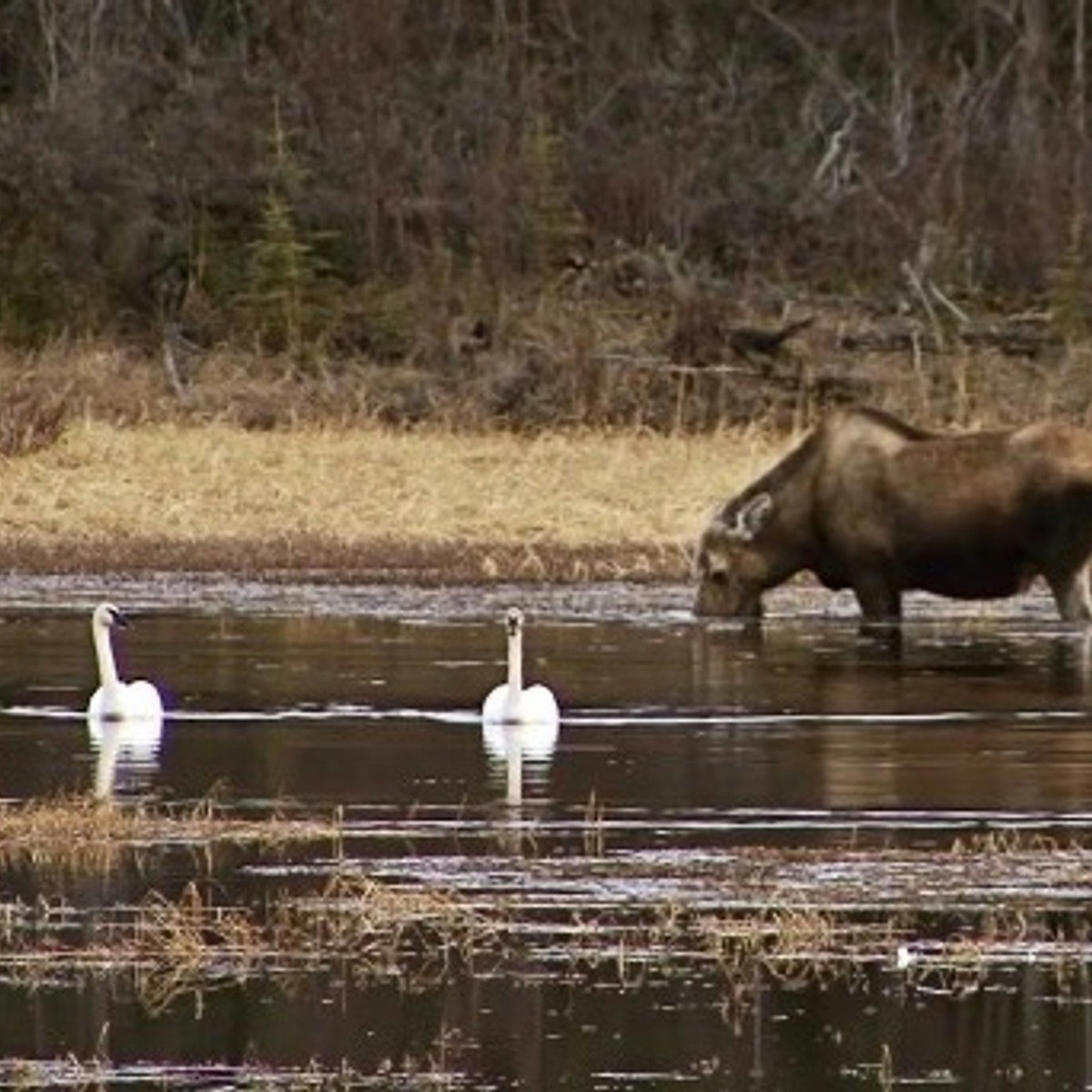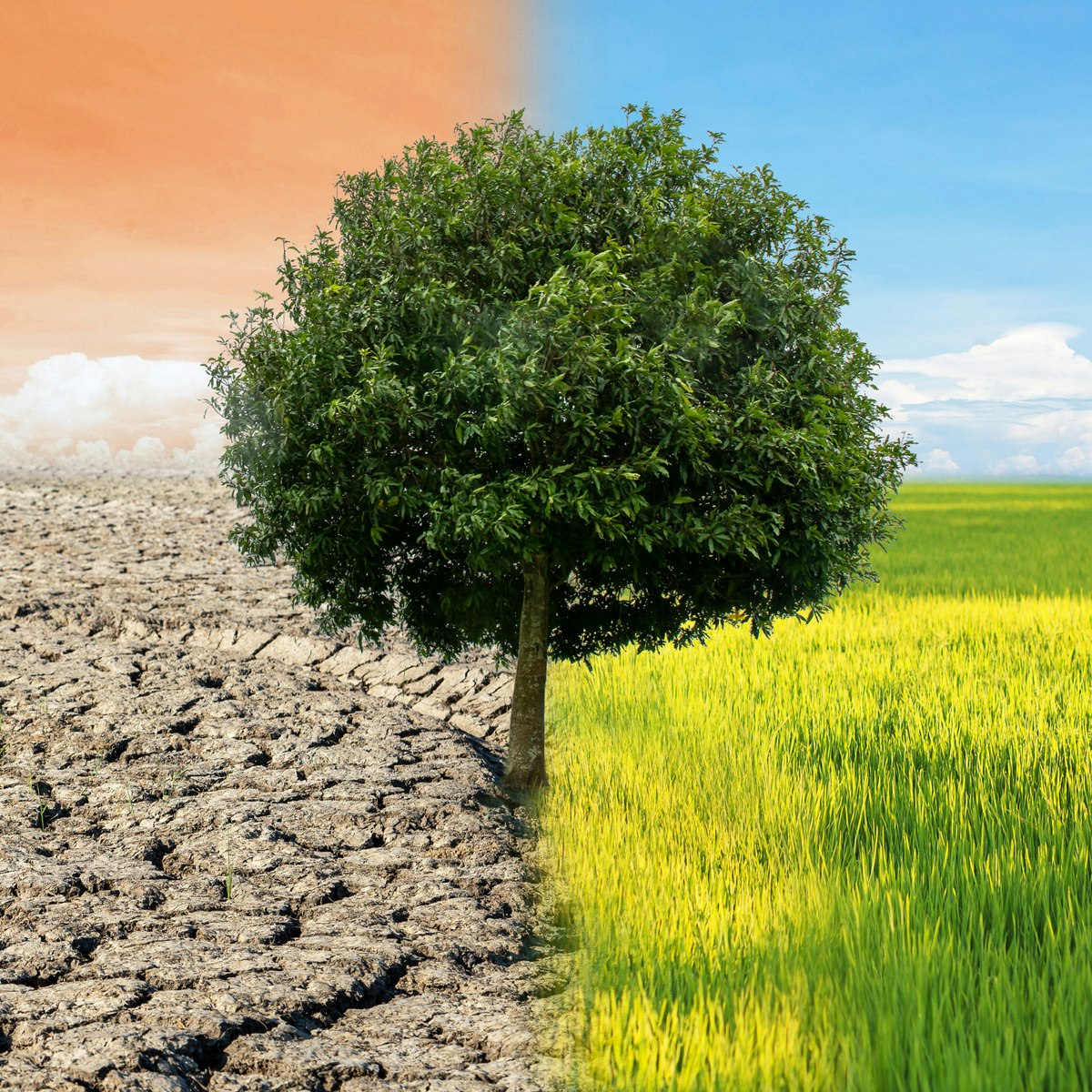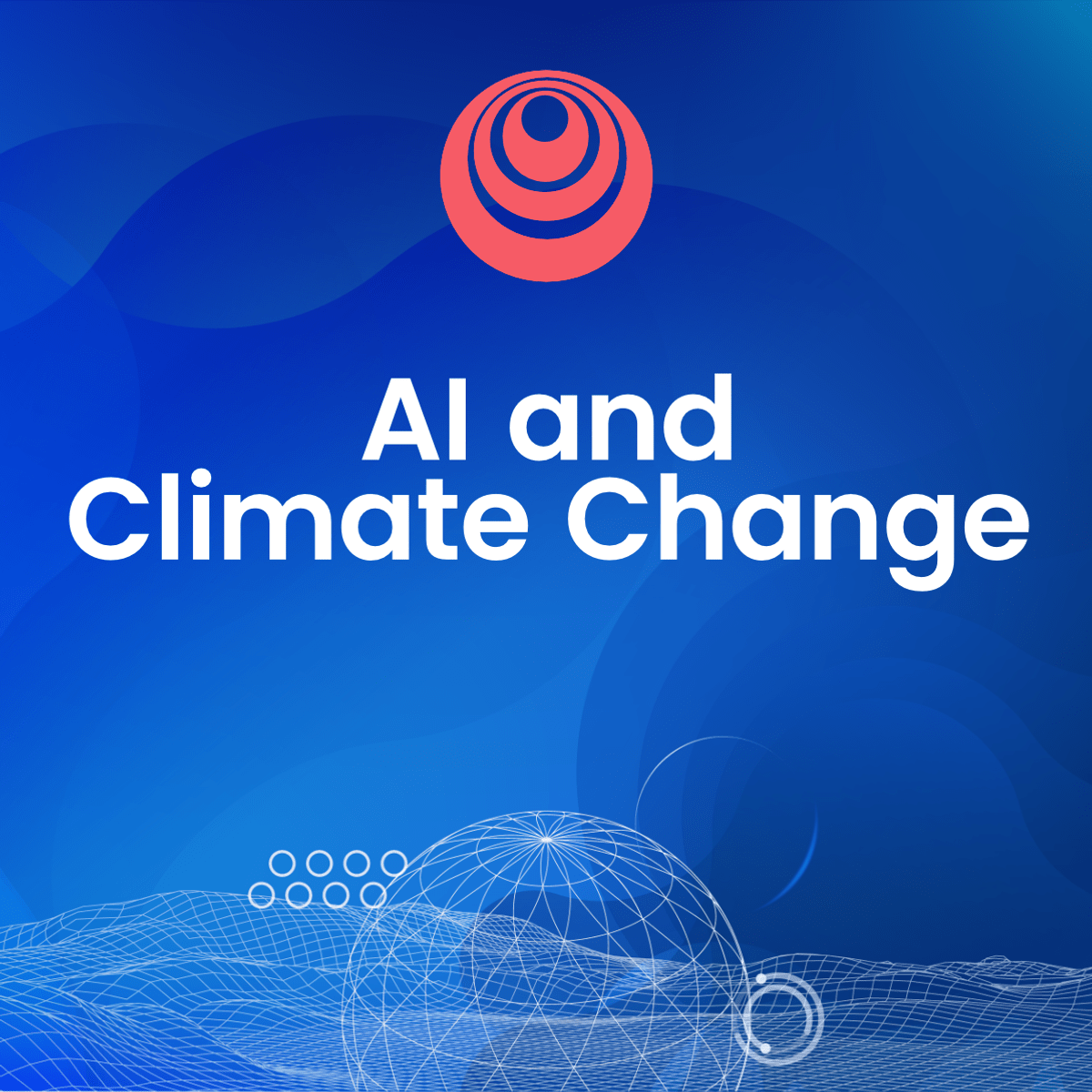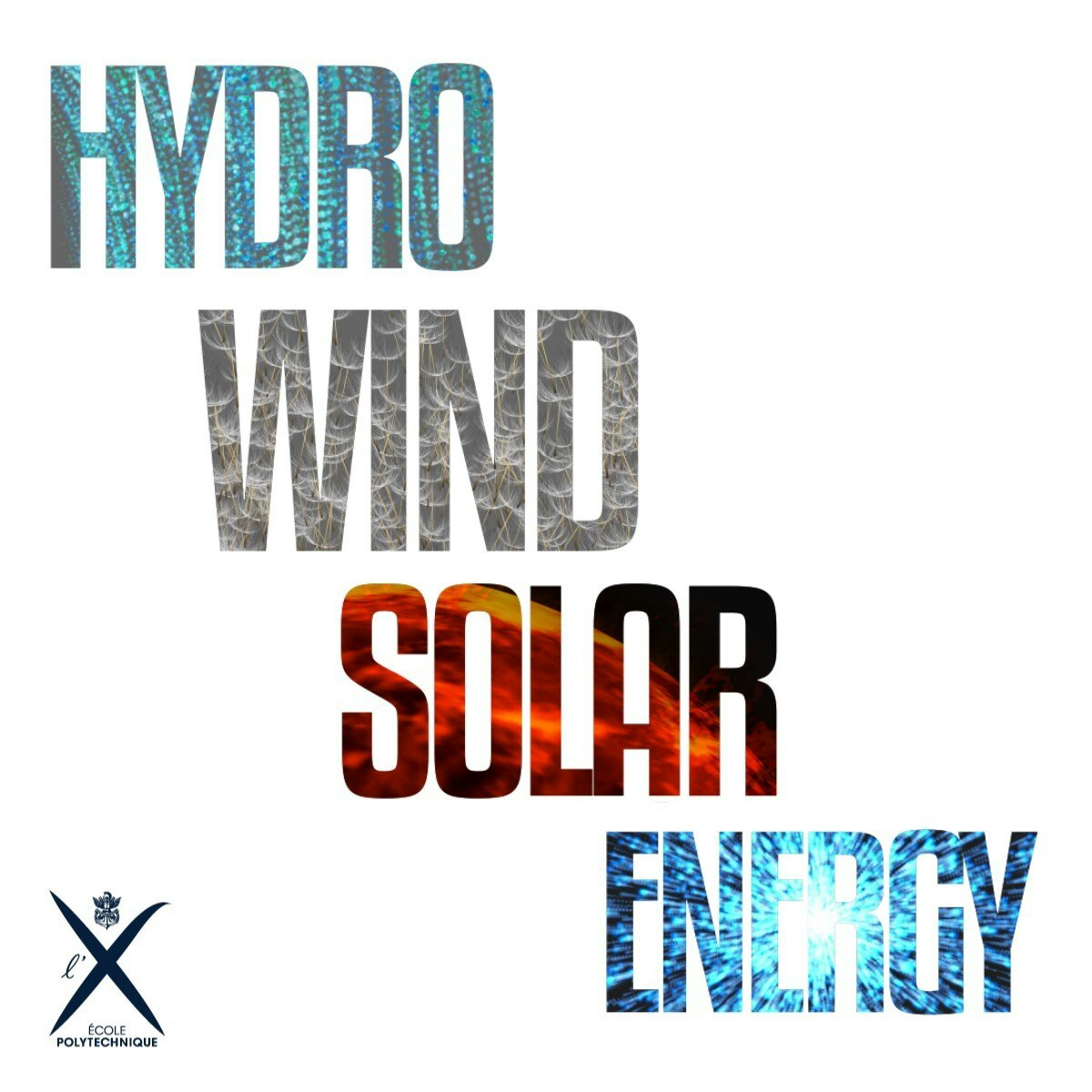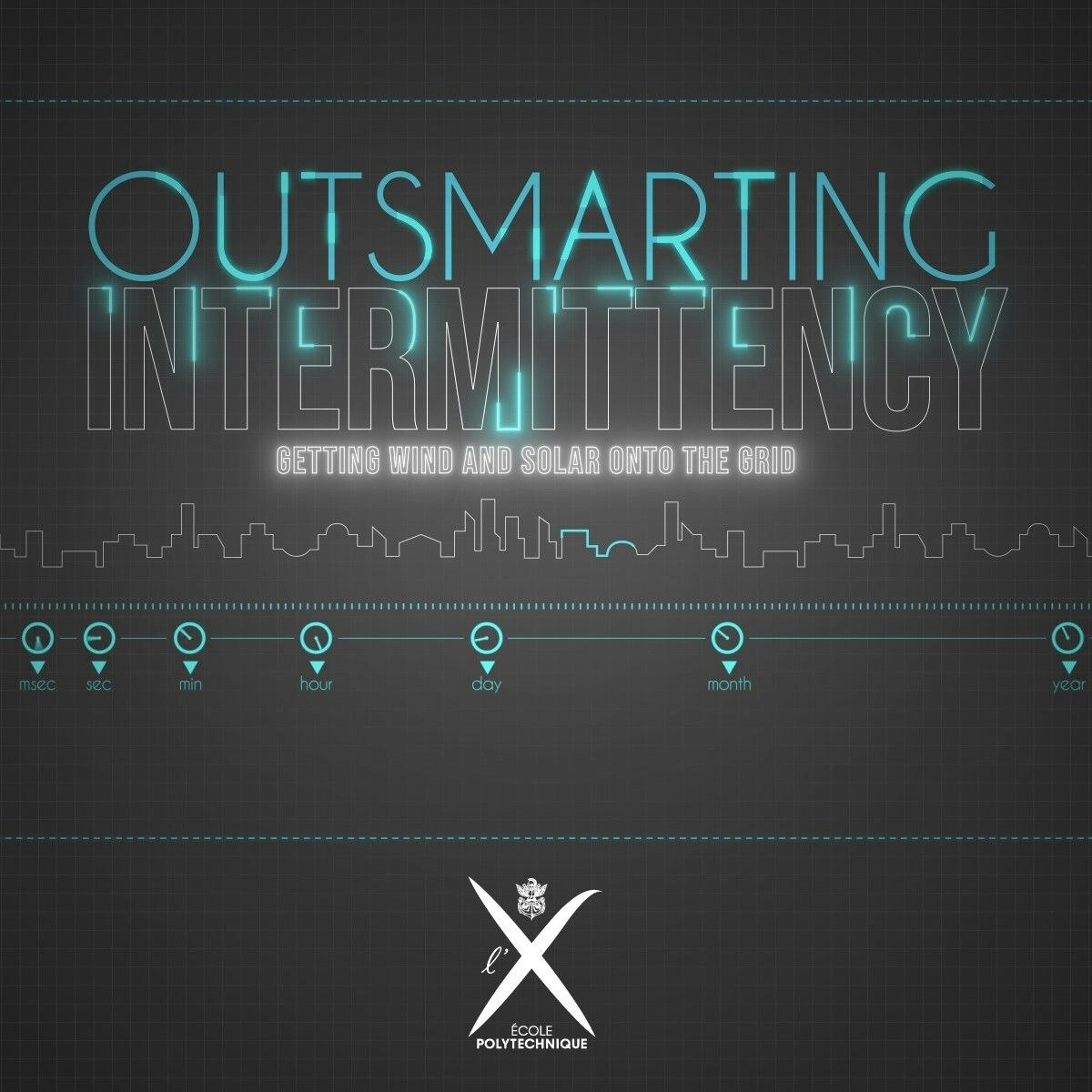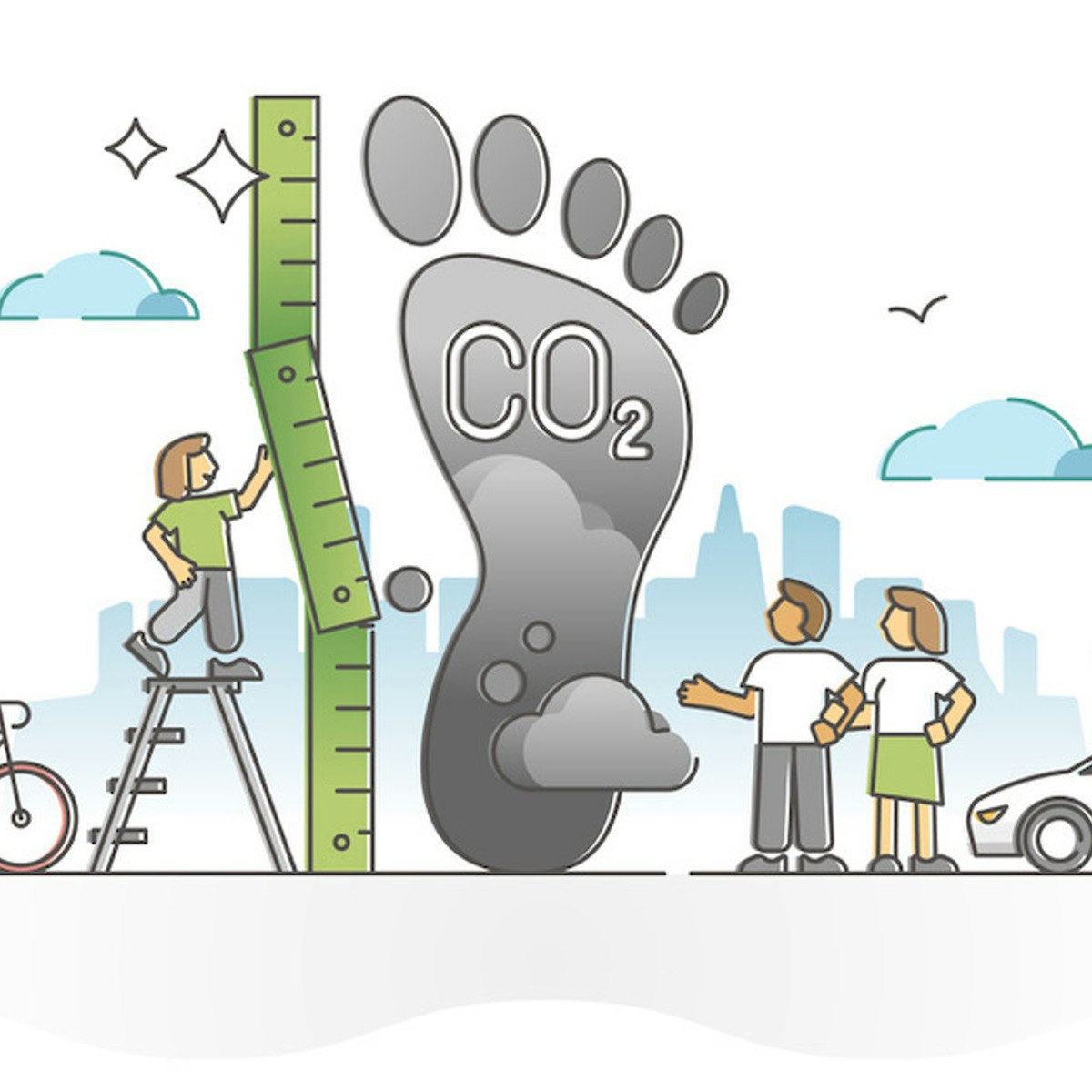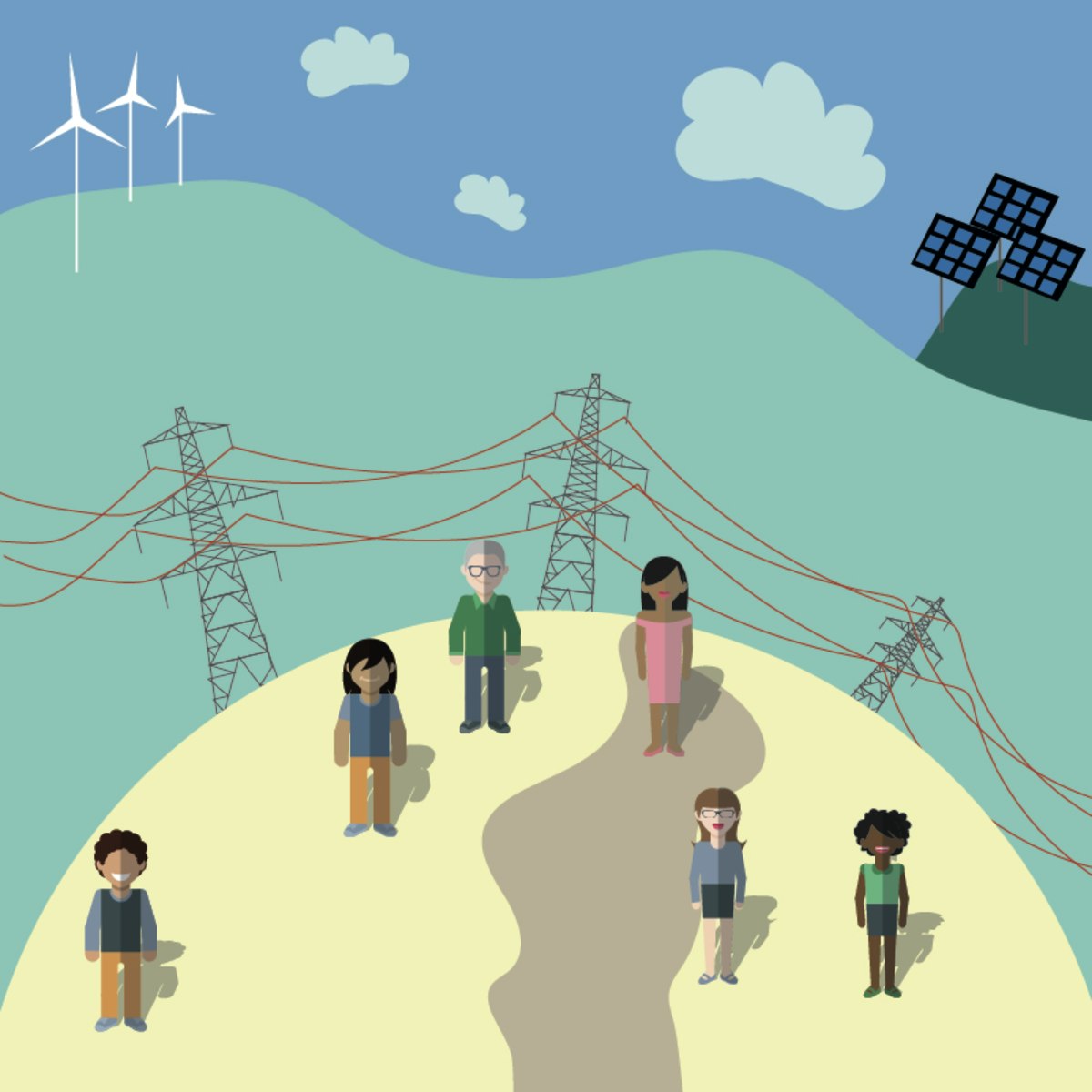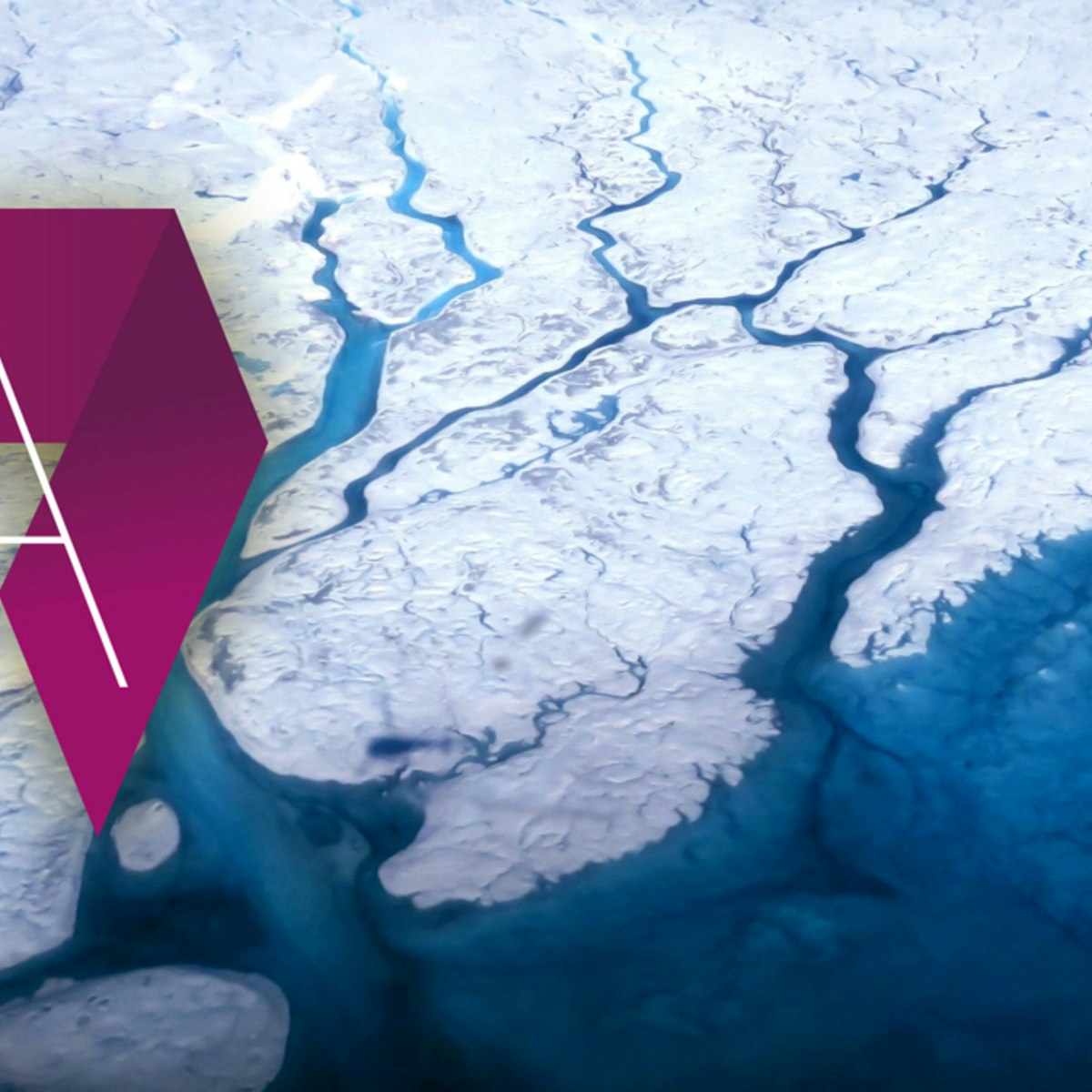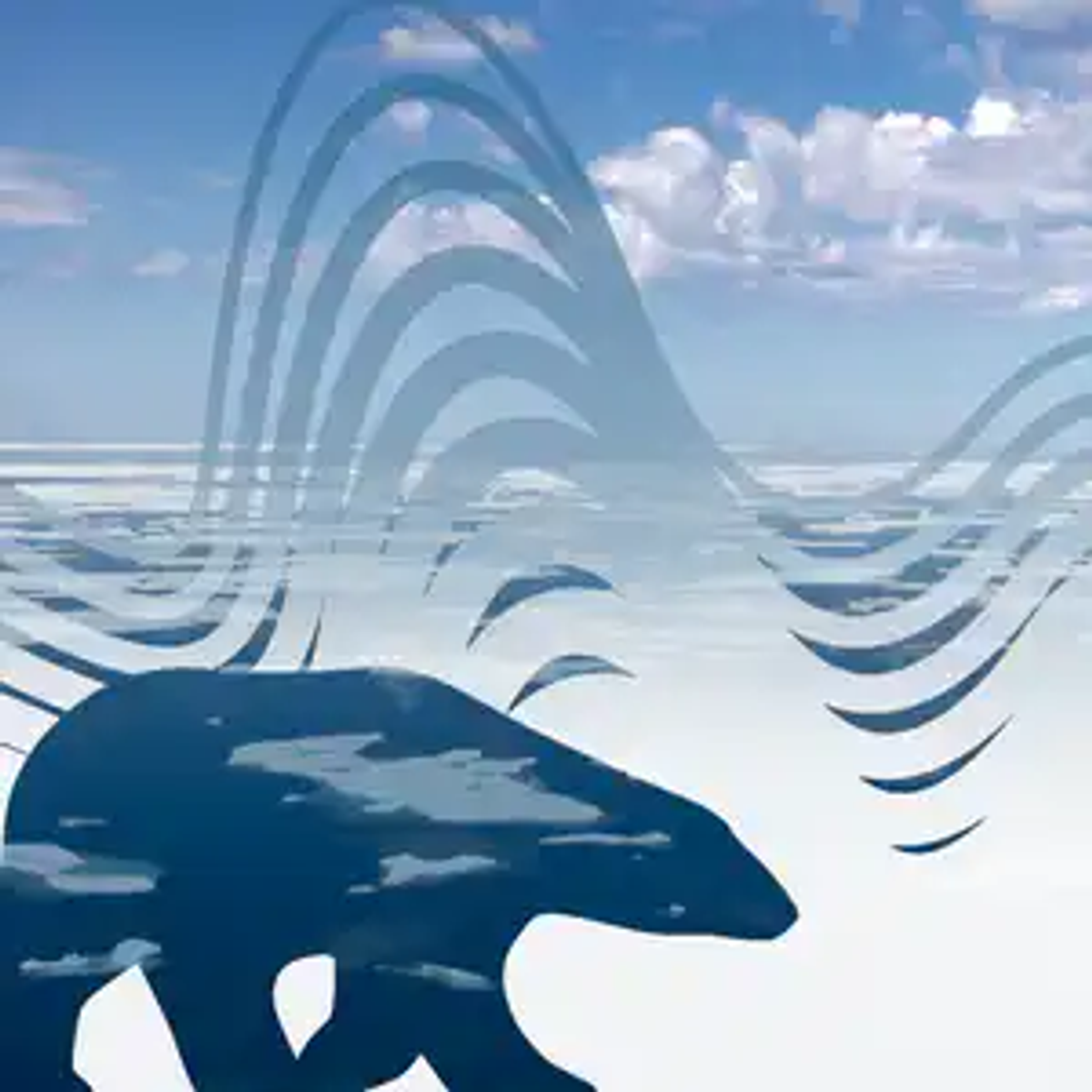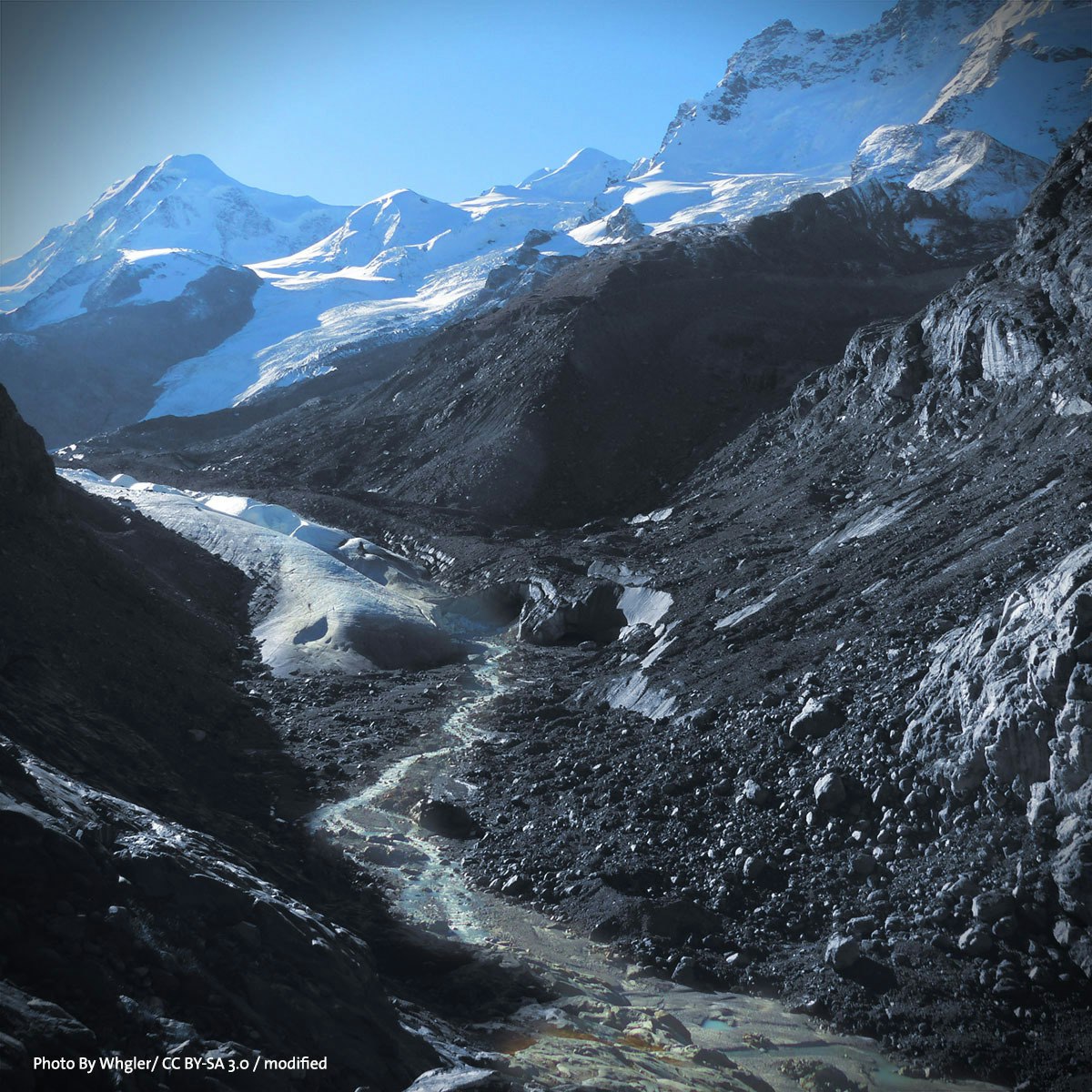Climate Scientist
Climate Scientist: Understanding Our Changing Planet
Climate science is the study of Earth's climate system and how it changes over time. Climate scientists investigate long-term weather patterns, atmospheric conditions, ocean currents, ice sheets, and the interactions between them. Their work involves understanding past climates, observing present conditions, and projecting future climate scenarios, often focusing on the causes and consequences of human-induced climate change.
Working as a climate scientist means engaging with one of the most critical challenges facing humanity. You might find excitement in deciphering complex data to reveal long-term trends or in building sophisticated computer models that simulate Earth's climate system. The interdisciplinary nature of the field also offers opportunities to collaborate with experts from diverse backgrounds, contributing to solutions that impact global policy and public awareness.
Understanding Climate Science
What is Climate Science?
Climate science explores the intricate workings of Earth's climate system. This involves studying the atmosphere, oceans, land surfaces, and ice cover (cryosphere), and how they interact. Scientists in this field analyze historical climate data, monitor current conditions using satellites and ground-based instruments, and develop models to predict future changes.
The primary goal is to understand the factors driving climate variability and change, both natural and human-caused. This includes investigating phenomena like the greenhouse effect, ocean acidification, sea-level rise, and extreme weather events. The insights gained inform policy decisions, adaptation strategies, and mitigation efforts worldwide.
Ultimately, climate science provides the evidence base for understanding how our planet's climate is evolving and what the implications are for ecosystems and human societies. It's a dynamic field constantly refining its understanding as new data and analytical techniques emerge.
Connections Across Disciplines
Climate science is inherently interdisciplinary, drawing knowledge and methods from various fields. Atmospheric scientists contribute expertise on weather patterns and atmospheric composition, while oceanographers study ocean currents, temperature, and chemistry, which play crucial roles in heat distribution and carbon absorption.
Ecologists investigate how climate change affects ecosystems and biodiversity. Geoscientists examine past climates through ice cores and sediment layers, providing context for current changes. Furthermore, fields like physics, chemistry, mathematics, and computer science provide the fundamental principles and tools for modeling and data analysis.
The connection extends beyond the natural sciences into social sciences and policy. Economists analyze the costs of climate impacts and mitigation, political scientists study climate governance, and sociologists examine societal responses. This broad collaboration is essential for developing comprehensive solutions.
Explore related fields through OpenCourser's extensive catalog, including Environmental Sciences and Geoscience.
Why Climate Science Matters
Climate science is vital because it addresses fundamental questions about the health of our planet and the future of human civilization. Understanding climate change allows us to anticipate impacts like rising sea levels, altered agricultural patterns, and increased frequency of extreme weather events.
The findings of climate scientists directly inform international agreements, national policies, and local adaptation plans aimed at reducing greenhouse gas emissions and building resilience. This scientific foundation is crucial for navigating the complexities of global environmental challenges and making informed decisions.
Beyond policy, climate science raises public awareness and empowers individuals and communities to take action. By providing clear, evidence-based information, climate scientists contribute to a broader understanding of the risks and the urgent need for sustainable practices.
These introductory courses provide a solid foundation in understanding the science and impact of climate change.
These books offer comprehensive overviews of the science and broader context of global warming.
Key Responsibilities of a Climate Scientist
Collecting and Analyzing Climate Data
A core responsibility for many climate scientists involves gathering data from various sources. This can include information from weather stations, ocean buoys, satellites measuring atmospheric composition or sea surface temperature, and ice core samples revealing past climate conditions.
Once collected, this data requires rigorous analysis. Scientists use statistical methods and specialized software to identify trends, patterns, and anomalies in temperature, precipitation, sea levels, and other climate variables. This analysis helps distinguish natural climate variability from long-term trends driven by factors like greenhouse gas emissions.
Ensuring data quality and accuracy is paramount. This often involves calibrating instruments, accounting for potential biases, and comparing datasets from different sources. The results of this meticulous work form the bedrock of climate science understanding.
For those interested in the data aspects, consider exploring courses in Data Science and data analysis tools.
Developing Climate Models
Climate modeling is a crucial aspect of the field. Scientists develop and use complex computer simulations, known as climate models, to represent the interactions between the atmosphere, oceans, land, and ice. These models are based on fundamental laws of physics and chemistry.
These models are used to understand past climate changes, assess the causes of current warming, and project future climate scenarios under different emissions pathways. Modelers constantly work to improve the accuracy and resolution of these simulations by incorporating more detailed processes and refining parameterizations.
Running these models often requires significant computational resources, typically involving supercomputers. The output provides valuable insights into potential future impacts and helps evaluate the effectiveness of different mitigation and adaptation strategies.
This course offers hands-on experience building climate models using Python.
Informing Policy and Strategy
Climate scientists play a critical role in translating complex scientific findings into actionable information for policymakers and decision-makers. This involves summarizing research results, assessing risks, and outlining potential response options.
They often contribute to assessment reports, such as those by the Intergovernmental Panel on Climate Change (IPCC), which synthesize the current state of climate science for a global audience. This work helps governments and organizations understand the urgency of the climate crisis and develop evidence-based policies.
Collaboration is key. Climate scientists may work directly with government agencies, international bodies, non-governmental organizations, and private sector companies to provide expert advice on climate adaptation, mitigation strategies, and sustainable development pathways.
These courses delve into the intersection of climate science, policy, and negotiation.
Communicating Climate Science
Effectively communicating complex scientific information to the public, policymakers, and other stakeholders is a crucial responsibility. This involves explaining research findings clearly and accurately, often through presentations, reports, articles, and media interviews.
Climate scientists must often address misinformation and public skepticism, emphasizing the scientific consensus on climate change and its causes. Engaging communication helps build public understanding and support for climate action.
Developing strong communication skills, including the ability to tailor messages to different audiences, is increasingly important for climate scientists. Some may specialize in science communication roles, bridging the gap between research and public understanding.
This book examines how scientific information can be distorted, a relevant topic for climate communication.
Formal Education Pathways
Undergraduate Foundations
A strong foundation in science and mathematics is typically required to pursue a career in climate science. Undergraduate degrees in fields like environmental science, physics, chemistry, geology, atmospheric science, oceanography, or mathematics provide essential background knowledge.
Coursework often includes calculus, differential equations, physics (mechanics, thermodynamics), chemistry, and introductory courses in Earth or environmental sciences. Developing strong analytical and quantitative skills during this stage is crucial.
Gaining research experience through internships or projects with faculty members can be highly beneficial. This provides practical exposure to scientific methods and helps clarify specific interests within the broad field of climate science.
Graduate Studies and Specialization
Most research and specialized roles in climate science require a graduate degree (Master's or PhD). Graduate programs allow for in-depth study in specific areas such as atmospheric dynamics, physical oceanography, climate modeling, paleoclimatology (study of past climates), or biogeochemistry.
Master's programs often provide advanced technical skills and may prepare graduates for roles in government agencies, consulting firms, or NGOs. A PhD is typically required for academic research positions and high-level research roles in government labs or industry.
Choosing a specialization often depends on individual interests and career goals. Researching different graduate programs and potential advisors whose work aligns with your interests is an important step in the process.
PhD Research and Beyond
A PhD program involves intensive, original research culminating in a dissertation. This requires developing a deep expertise in a specific subfield, mastering advanced research methodologies, and contributing new knowledge to the field.
During a PhD, students typically work closely with a faculty advisor, conduct experiments or modeling studies, analyze complex datasets, write scientific papers, and present their findings at conferences. This rigorous training develops critical thinking, problem-solving, and communication skills.
After completing a PhD, many climate scientists pursue postdoctoral research positions ("postdocs"). These temporary positions offer further specialized training and research experience, often serving as a stepping stone to permanent academic or research positions. Competition for these roles can be significant.
Online and Independent Learning Strategies
Acquiring Core Skills Digitally
Online learning platforms offer valuable opportunities to acquire foundational and specialized skills relevant to climate science. Courses in programming languages like Python and R, statistical analysis, data visualization, and machine learning are widely available and essential for handling climate data.
Platforms like OpenCourser aggregate courses from various providers, allowing learners to find resources covering topics from basic climate science principles to advanced modeling techniques or specific tools like Geographic Information Systems (GIS).
For those transitioning careers or supplementing formal education, online courses provide flexibility and accessibility. They can help build technical proficiency, explore new subfields, or stay updated on the latest methodologies without the commitment of a full degree program. Remember to check the OpenCourser Learner's Guide for tips on maximizing your online learning experience.
These courses cover essential computational and analytical skills frequently used in climate science.
Project-Based Learning and Portfolios
Applying learned skills through hands-on projects is crucial for solidifying understanding and demonstrating competence. Many online courses incorporate projects, but independent projects can also be highly valuable.
Consider analyzing publicly available climate datasets (e.g., from NOAA, NASA, or climate model archives), visualizing climate trends, or attempting to replicate findings from published studies. Documenting these projects in a portfolio (e.g., using GitHub) showcases practical skills to potential employers or graduate programs.
Contributing to open-source scientific software projects or participating in data science competitions related to environmental challenges can also provide valuable experience and networking opportunities. Building tangible outputs demonstrates initiative and practical ability.
Supplementing Formal Education
Online courses can effectively complement traditional degree programs. Students can use them to deepen their understanding of specific topics not covered extensively in their coursework, learn new software tools, or explore interdisciplinary connections.
For instance, a physics major might take online courses in atmospheric chemistry or oceanography, while an environmental science student could focus on advanced statistical modeling or machine learning techniques relevant to climate data analysis.
Professionals already working in related fields can use online learning to pivot towards climate science or update their skills. A software engineer might learn about climate modeling, or an economist could study climate policy analysis. This continuous learning approach is vital in a rapidly evolving field like climate science.
Explore diverse topics related to climate change solutions and impacts through these courses.
Career Progression and Entry Points
Starting Your Career
Entry-level positions often require a Bachelor's or Master's degree. Common roles include Research Assistant or Technician in university labs or government agencies, assisting senior scientists with data collection, processing, and analysis.
Other entry points include roles like Environmental Analyst or Consultant, particularly in firms focusing on environmental impact assessment, sustainability reporting, or climate risk analysis. Non-profit organizations working on climate advocacy or education also offer opportunities.
These initial roles provide valuable hands-on experience and exposure to the practical aspects of climate science work. Building a strong network and seeking mentorship during this stage can significantly aid career development.
Mid-Career Advancement and Leadership
With experience and often advanced degrees (PhD), climate scientists can progress to more senior roles. In academia, this typically involves becoming a Principal Investigator, leading a research group, securing funding, and teaching.
In government agencies (like NOAA, NASA, EPA in the US, or similar bodies internationally), scientists can lead research programs, manage projects, or advise on policy development. Industry roles might involve leading climate risk assessment teams, developing sustainability strategies for corporations, or working in the renewable energy sector.
Some scientists transition into roles focused more on science communication, policy advising, or program management, leveraging their scientific expertise in different capacities. Mid-career development often involves specializing further and taking on leadership responsibilities.
Academic vs. Industry Paths
Career paths can diverge between academia, government, and the private sector. Academic careers prioritize research, publishing, teaching, and securing grants. Tenure-track positions are highly competitive.
Government roles often involve a mix of research, monitoring, data management, and policy support. These positions can offer stability and the opportunity to influence national or international climate initiatives.
Private sector opportunities are growing, particularly in consulting, finance (climate risk), insurance, technology (data analysis, modeling), and renewable energy. These roles may focus more on applying climate science to business challenges and strategic decision-making. Some roles blend elements, such as science communicators working for media outlets or policy advisors in think tanks.
Tools and Technologies in Climate Science
Climate Modeling Software
Sophisticated software is essential for simulating Earth's climate. Earth System Models (ESMs) are complex programs run on supercomputers that simulate interactions between the atmosphere, oceans, land surface, ice, and biogeochemical cycles. Examples include models developed by institutions like NCAR (CESM) or the UK Met Office (UKESM).
Regional Climate Models (RCMs) provide higher-resolution simulations for specific geographic areas, useful for impact assessments. Geographic Information Systems (GIS) software is widely used for analyzing and visualizing spatial climate data, such as mapping projected temperature changes or sea-level rise impacts.
Familiarity with these modeling frameworks and visualization tools is crucial for many research and applied roles in climate science. Understanding model assumptions, limitations, and outputs is key to interpreting results correctly.
Remote Sensing and Satellite Data
Satellites provide invaluable global observations of Earth's climate system. Instruments measure atmospheric temperature, greenhouse gas concentrations, sea surface height, ice extent, vegetation cover, and many other variables. Remote sensing techniques interpret this data.
Climate scientists use specialized software to process, analyze, and interpret vast amounts of satellite data. This requires skills in image processing, data calibration, and understanding the physics behind sensor measurements. Platforms like Google Earth Engine provide access to large archives of satellite imagery and tools for analysis.
Ground-based remote sensing, using instruments like radar and lidar, also provides critical data on atmospheric conditions and precipitation. Integrating satellite and ground-based observations is essential for a comprehensive view of the climate system.
These books provide context on specific climate systems often studied using remote sensing.
Programming and Data Analysis
Programming skills are indispensable for modern climate science. Python has become a dominant language due to its extensive libraries for data analysis (Pandas, NumPy), scientific computing (SciPy), and visualization (Matplotlib, Seaborn). Specific libraries like Xarray are designed for working with multi-dimensional climate datasets.
R is another popular language, particularly strong for statistical analysis and graphics. Experience with command-line tools in Linux/Unix environments is often necessary for working with large datasets and high-performance computing systems.
Skills in database management, version control (like Git), and increasingly, machine learning techniques are also becoming valuable for handling and extracting insights from the massive datasets generated by climate models and observations.
This course introduces Python programming specifically for climate modeling.
Industry Applications and Market Impact
Climate Risk in Finance and Insurance
The financial sector increasingly recognizes the risks posed by climate change. Physical risks (damage from extreme weather) and transition risks (economic shifts due to climate policy or technological change) can impact investments, loans, and insurance liabilities.
Climate scientists contribute by providing data and models to assess these risks. This involves analyzing climate projections, evaluating the likelihood of extreme events, and modeling potential economic impacts under different climate scenarios. This field, often linked to Environmental, Social, and Governance (ESG) criteria, is rapidly growing.
Expertise in climate science combined with financial or economic knowledge is highly valuable for roles in banks, investment firms, insurance companies, and specialized climate risk consultancies.
These courses explore the intersection of climate change and finance.
Renewable Energy Sector
The transition to renewable energy sources like solar and wind power relies heavily on climate and weather data. Climate scientists help assess resource availability, predict energy generation potential, and optimize the placement of wind farms and solar installations.
Understanding long-term climate patterns and variability is crucial for forecasting energy supply and ensuring grid stability. Scientists analyze factors like wind speed distributions, solar irradiance levels, and the potential impacts of climate change on these resources.
Opportunities exist within renewable energy companies, utility providers, and consulting firms specializing in energy resource assessment and forecasting. Skills in meteorological data analysis and energy system modeling are particularly relevant.
Corporate Sustainability and Adaptation
Businesses across various sectors are increasingly focused on sustainability and adapting to climate change impacts. Climate scientists help companies understand their environmental footprint, assess climate-related vulnerabilities in their supply chains and operations, and develop strategies for resilience.
This can involve quantifying greenhouse gas emissions, evaluating water scarcity risks, assessing the impacts of changing climate conditions on agriculture or infrastructure, and advising on sustainable practices. Many large corporations now have dedicated sustainability teams.
Roles may involve developing corporate climate targets, reporting on environmental performance (often aligning with ESG frameworks), and identifying opportunities for innovation in sustainable products or services. Communication skills are vital for engaging with internal and external stakeholders.
These courses cover sustainability principles and corporate responses.
Ethical Challenges and Political Considerations
Objectivity vs. Advocacy
Climate scientists often face the ethical challenge of maintaining scientific objectivity while communicating findings that have significant societal and political implications. The urgency of climate change can create pressure to advocate for specific policies or actions.
Navigating this requires careful consideration of the scientist's role. While providing clear, evidence-based information is crucial, overtly political advocacy can sometimes undermine scientific credibility in the eyes of some audiences.
Finding the right balance involves transparently communicating uncertainties, distinguishing between scientific findings and policy recommendations, and engaging respectfully in public discourse. Ethical guidelines from professional societies can offer guidance.
Misinformation and Public Skepticism
Climate science operates in a highly politicized environment, often encountering organized campaigns of misinformation and widespread public skepticism fueled by various factors. Scientists must find effective ways to counter false narratives without getting drawn into unproductive debates.
This requires not only clear communication of the evidence but also an understanding of the psychological and sociological factors influencing public perception. Building trust and engaging with communities directly can be more effective than simply presenting data.
Collaborating with social scientists, communication experts, and educators can help develop more effective strategies for public engagement and countering misinformation. Patience and persistence are often required.
This seminal work highlighted environmental concerns and faced significant pushback, offering historical context.
This book delves into the organized efforts to cast doubt on climate science.
Equity and Climate Justice
Climate change disproportionately affects vulnerable populations and developing nations, raising significant issues of equity and justice. Climate scientists are increasingly called upon to consider these dimensions in their research and communication.
This involves analyzing how climate impacts differ across regions and socioeconomic groups, ensuring that adaptation strategies address the needs of the most vulnerable, and considering equity implications in global climate negotiations and policy design.
Incorporating perspectives from affected communities and collaborating with experts in social justice and development studies are important steps. Recognizing the ethical responsibility to address these disparities is becoming an integral part of climate science.
Future Outlook for Climate Scientists
Job Market Trends
The demand for climate scientists is expected to grow across various sectors. Increased focus on climate change by governments, international organizations, and the private sector drives the need for experts who can analyze climate data, assess risks, and develop solutions.
According to the U.S. Bureau of Labor Statistics, employment for environmental scientists and specialists (a category including many climate-related roles) is projected to grow faster than the average for all occupations. Opportunities exist in research, government agencies, consulting firms, non-profits, and increasingly within corporations focusing on sustainability and climate resilience.
While academic positions remain competitive, the expansion of climate-related work in industry and policy offers diverse career pathways. Skills in data science, modeling, and communication are particularly valuable.
Emerging Specializations
The field of climate science is continually evolving, leading to new areas of specialization. Carbon capture, utilization, and storage (CCUS) technologies are gaining attention, requiring expertise in geology, chemistry, and engineering.
The application of artificial intelligence (AI) and machine learning to analyze large climate datasets and improve model predictions is another rapidly growing area. Climate adaptation science, focusing on developing strategies to cope with unavoidable climate impacts, is also becoming increasingly important.
Other emerging fields include climate finance, extreme event attribution (linking specific weather events to climate change), and research into climate tipping points and feedback loops. Staying abreast of these developments can open up new career opportunities.
Research Funding and Geopolitics
Funding for climate research can be influenced by political priorities and economic conditions. Government agencies are major sources of funding, particularly for fundamental research, but budgets can fluctuate.
International collaborations are crucial in climate science, but geopolitical tensions can sometimes impact data sharing and joint research efforts. However, the global nature of climate change often fosters cooperation even amidst political challenges.
Philanthropic foundations and private sector investment in climate solutions are also becoming significant sources of funding, particularly for applied research and technology development. Navigating the funding landscape requires strong grant-writing skills and awareness of diverse funding opportunities.
Frequently Asked Questions (Career Focus)
Can I become a climate scientist without a PhD?
Yes, it is possible to work in climate science-related fields without a PhD, although research-intensive roles typically require one. A Bachelor's or Master's degree can qualify you for positions such as research assistant, environmental analyst, data technician, GIS specialist, or roles in sustainability consulting or non-profits.
These roles often involve supporting research activities, managing data, conducting environmental assessments, or contributing to climate communication and education efforts. A Master's degree can open doors to more specialized technical roles or mid-level positions in government agencies or consulting firms.
However, leading independent research projects, directing research programs, or holding senior faculty positions in universities generally requires a PhD. Your career goals will largely determine the necessary level of education.
Which industries hire the most climate scientists?
Climate scientists find employment across several sectors. Academia (universities and research institutions) remains a major employer, focusing on fundamental research and teaching. Government agencies at national (e.g., NOAA, NASA, EPA in the US) and international levels hire scientists for research, monitoring, and policy support.
The private sector is a growing area of employment. Environmental consulting firms hire scientists for impact assessments and advisory services. The finance and insurance industries need experts for climate risk analysis. Renewable energy companies require specialists for resource assessment.
Non-profit organizations and think tanks also employ climate scientists for research, advocacy, and education. The specific distribution varies by country and specialization.
How competitive are research grants in this field?
Securing research funding through grants is highly competitive, particularly for academic positions. Success rates for grant proposals submitted to major funding agencies can be low, often requiring multiple attempts and revisions.
Competition stems from the limited availability of funds relative to the number of researchers seeking support. Writing compelling grant proposals that clearly articulate the research question, methodology, potential impact, and feasibility is a critical skill for academic climate scientists.
While challenging, securing funding is essential for maintaining an active research program. Collaboration, a strong publication record, and innovative ideas can improve the chances of success.
Is fieldwork required for most roles?
Fieldwork requirements vary significantly depending on the specific role and specialization. Some climate scientists, particularly those studying ice cores, oceanography, ecology, or specific atmospheric phenomena, spend considerable time conducting research in the field, sometimes in remote or challenging environments.
However, many climate scientists primarily work in labs or offices. Those specializing in climate modeling, satellite data analysis, theoretical studies, or policy analysis may have minimal or no fieldwork requirements. Their work revolves around computational analysis, data interpretation, and theoretical development.
If fieldwork is appealing (or unappealing), you can often tailor your specialization and career path accordingly. Research different subfields to understand their typical work environments.
Do climate scientists collaborate with other disciplines?
Yes, collaboration across disciplines is fundamental to climate science. The complexity of the Earth's climate system necessitates input from atmospheric scientists, oceanographers, ecologists, geologists, chemists, physicists, and computer scientists.
Furthermore, addressing the societal dimensions of climate change requires collaboration with economists, sociologists, political scientists, engineers, public health experts, and communication specialists. Many research projects and assessment reports involve large teams of experts from diverse backgrounds.
This interdisciplinary nature makes climate science a dynamic and intellectually stimulating field, offering opportunities to learn from and work with experts outside one's primary area of specialization.
What soft skills are most valuable in this career?
Beyond technical expertise, several soft skills are crucial for success. Strong analytical and critical thinking skills are essential for interpreting complex data and evaluating scientific evidence. Problem-solving abilities are needed to tackle challenging research questions and overcome methodological hurdles.
Communication skills – both written and verbal – are vital for publishing research, presenting findings, writing grant proposals, teaching, and engaging with policymakers and the public. The ability to explain complex concepts clearly to diverse audiences is key.
Collaboration and teamwork skills are important due to the interdisciplinary nature of the field. Adaptability, persistence, and attention to detail are also valuable attributes for navigating the complexities of research and the evolving nature of climate science.
Helpful Resources
As you explore a career in climate science, leverage the resources available to find learning materials and connect with the scientific community.
- OpenCourser: Use OpenCourser to search for online courses on climate science, data analysis, modeling, and related fields. Save courses to your list using the "Save to list" feature to plan your learning path.
- IPCC Reports: The Intergovernmental Panel on Climate Change (IPCC) provides comprehensive assessment reports synthesizing the state of climate science.
- Professional Societies: Organizations like the American Geophysical Union (AGU) or the European Geosciences Union (EGU) offer resources, conferences, and networking opportunities.
- Government Agencies: Websites of agencies like NOAA (National Oceanic and Atmospheric Administration) and NASA (National Aeronautics and Space Administration) offer vast amounts of climate data and educational materials.
- OpenCourser Learner's Guide: Find tips on effective online learning and career development in the OpenCourser Learner's Guide.
Embarking on a career as a climate scientist is a challenging yet potentially deeply rewarding path. It requires dedication, rigorous scientific training, and a passion for understanding and addressing one of the most significant global issues of our time. Whether you pursue research, policy, education, or application in industry, your work can contribute meaningfully to a sustainable future. Explore the resources available, connect with professionals in the field, and continuously build your knowledge and skills.


